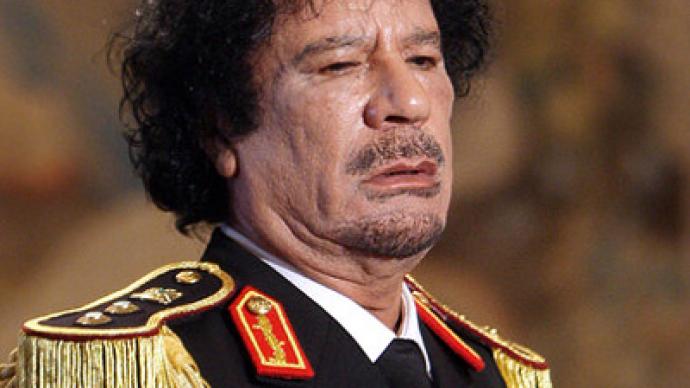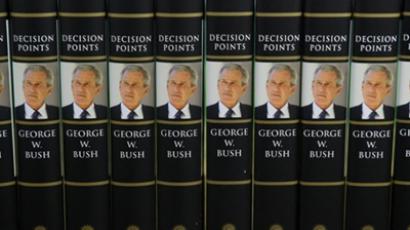America’s presidents quick to go to war

It’s become an unspoken addendum to the job description: become President of the United States. Declare war – somewhere, somehow.
For President Ronald Reagan in 1986, it was a familiar attack on a familiar enemy – Moammar Ghadafi.He announced that the US would take action on April 14, 1986.“Despite our repeated warnings, Ghadafi continued his reckless policy of intimidation, his relentless pursuit of terror,” said President Reagan in his address to the nation. “He counted on America to be passive.He counted wrong.”Apparently, so did Saddam Hussein, according to President George H.W. Bush in his televised announcement on January 16, 1991, it was in response to a conflict that had started in August, when “the dictator of Iraq invaded it’s small and helpless neighbor.”“Just two hours ago, allied air forces began an attack on military targets Iraq and Kuwait,” Bush, Sr. said in his address.For his successor, President Bill Clinton – the target was Slobodan Milosevic, President of Serbia and Yugoslavia.“My fellow Americans, today our armed forms joined our NATO allies in airstrikes against Serbian forces responsible for the brutality in Kosovo,” Clinton said on March 24, 1999.President George W. Bush said in March 2003 it was weapons of mass destruction that threatened the world, and invaded Iraq in what was supposed to be a quick and limited campaign.“On my orders, coalition forces have begun striking selected targets of military importance to undermine Saddam Hussein’s ability to wage war,” Bush said.Many American’s thought it would end there, especially after US President Barack Obama’s clear anti-war stance in his campaign. He has spent most of his presidency trying to end the wars started by his predecessor.Until now.Obama spoke out a day after the UN Security Council passed a resolution to impose a no-fly zone over Libya. He said it was a call end to the violence in Libya.The resolution, he said “authorizes the use of force with an explicit commitment to pursue all necessary measures to stop the killing, to include the enforcement of a no-fly zone over Libya. “There are at least two glaring similarities to point out, when it comes to the use of force by US presidents: none were in response to a military attack, or even threat of an attack on US soil and none have been formally declared wars.













